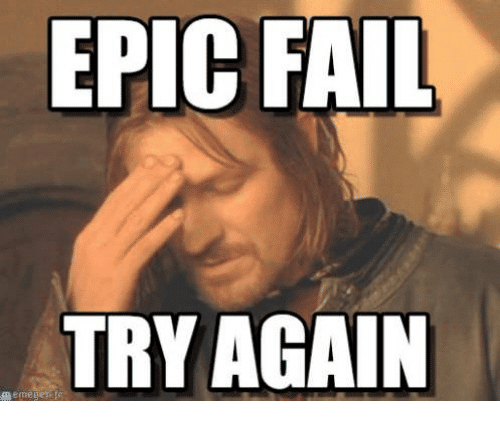- Joined
- Apr 19, 2019
- Messages
- 586
- Reaction score
- 56
- Location
- Transient
- Gender
- Male
- Political Leaning
- Libertarian
There is a major error in the popular definition of "atheism," because of various reasons of convenience, compliance, and lack of reliable knowledge classification, in the past.
To get it straight, you have to go over the three terms that are being compared. You you have to understand what theism and humanism are, and why atheism is not in the same classification category:
- Theism is the ontological doctrine that suggests that a supernatural deity orders/defines reality.
- Humanism is the ontological doctrine that suggests that humans order/define reality.
- Atheism is a political doctrine that opposes theist doctrine as the basis for public policy, because it is absurd to designate an ontology as the antithesis of a designated ontology; which is what you are doing when you suggest that atheism has something to do with determining what exists - (lack of) belief in the existence of a supernatural dimension of reality - gods.
My argument is valid and sound. Your counter-arguments are based on dogma - compromised definitions from bygone eras of sophistication dominated by Christian dictionary editors unwittingly appeasing the Christian world.
Smarten-up - Stay Woke


